Intel unveils ULV Core processors for ultra-portable laptops
Latest 32nm line promises to deliver best of both worlds in a bid to head off tablets: economy to ultra-thin laptops and performance to netbooks.
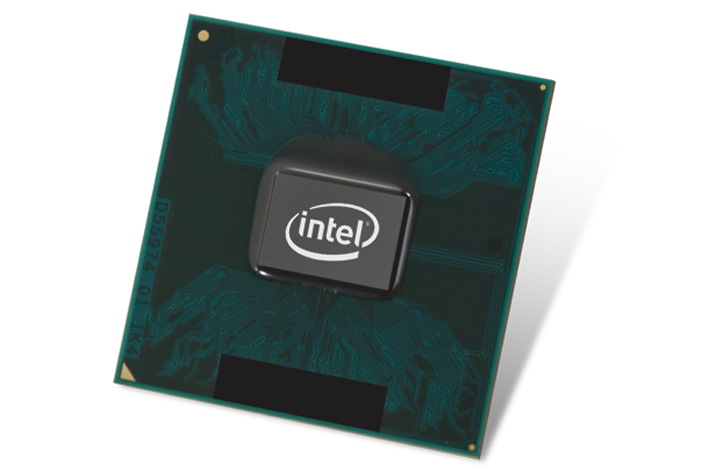
Sign up today and you will receive a free copy of our Future Focus 2025 report - the leading guidance on AI, cybersecurity and other IT challenges as per 700+ senior executives
You are now subscribed
Your newsletter sign-up was successful
Intel has announced a new Ultra Low Voltage (ULV) line of Core i3, i5 and i7 processors aimed at delivering notebook performance from devices with the size, weight and battery life of a netbook.
The chips are built using the chip giant's 32nm manufacturing process, and are part of the Westmere micro architecture, featuring Intel's new integrated graphics technology capable of HD video playback.
With the success of Apple's iPad making tablets an increasingly credible alternative to ultra-thin laptops and netbooks and challenging existing definitions of mobile computing, Intel claims the new range will deliver a performance boost of up to 32 per cent over their Core 2 Duo-based predecessors despite being 32 per cent smaller and consuming 15 per cent less power.
"Consumers crave laptops that offer style and performance, and the new 2010 Intel Core Ultra-Low Voltage processors for ultra-thin laptops delivers both, in one sleek design," Intel's PC client chief Mooly Eden said in a statement.
"Intel's leadership in 32nm high-k metal gate process technology, combined with breakthrough architecture and design, has enabled thinner, lighter and faster notebooks than previous models, with terrific battery life. Not only are laptops becoming ultraportable, but with the new processors inside, users will see faster response times and less waiting."
Intel says it expects the new chips to appear in more than 40 different notebooks at various price points, with Dell, Asus, Gateway, Lenovo, Acer and MSI among the manufacturers set to release systems based on the new silicon. The first is expected to arrive as soon as next month.
Despite conceding that the ultra-thin segment had grown slower than Intel had expected, Eden said researchers still expected it to account for 20 per cent of all computer sales by 2014.
Sign up today and you will receive a free copy of our Future Focus 2025 report - the leading guidance on AI, cybersecurity and other IT challenges as per 700+ senior executives
ULV CPUs are a compromise. They offer reduced performance in exchange for better battery life. But, better battery life just might be worth it to most people.
Apple's recent MacBooks have succeeded in finding a way to get there in a thin design, and with recent Atom Netbooks and Apple's iPad offering increasingly better battery performance, we just might be starting to find hours spent away from a charger to be the most important stat of all.
-
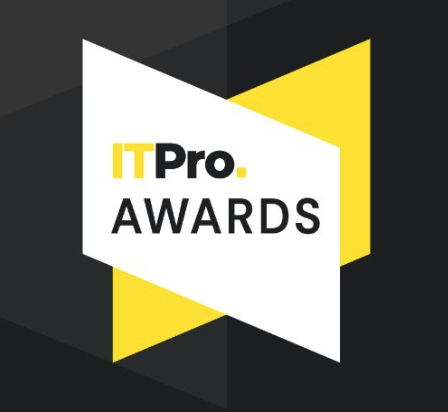 ITPro Excellence Awards winners unveiled
ITPro Excellence Awards winners unveiledIt's time to celebrate excellence in IT. Read on for the full list of winners...
-
 This new mobile compromise toolkit enables spyware, surveillance, and data theft
This new mobile compromise toolkit enables spyware, surveillance, and data theftNews The professional package allows even unsophisticated attackers to take full control of devices
-
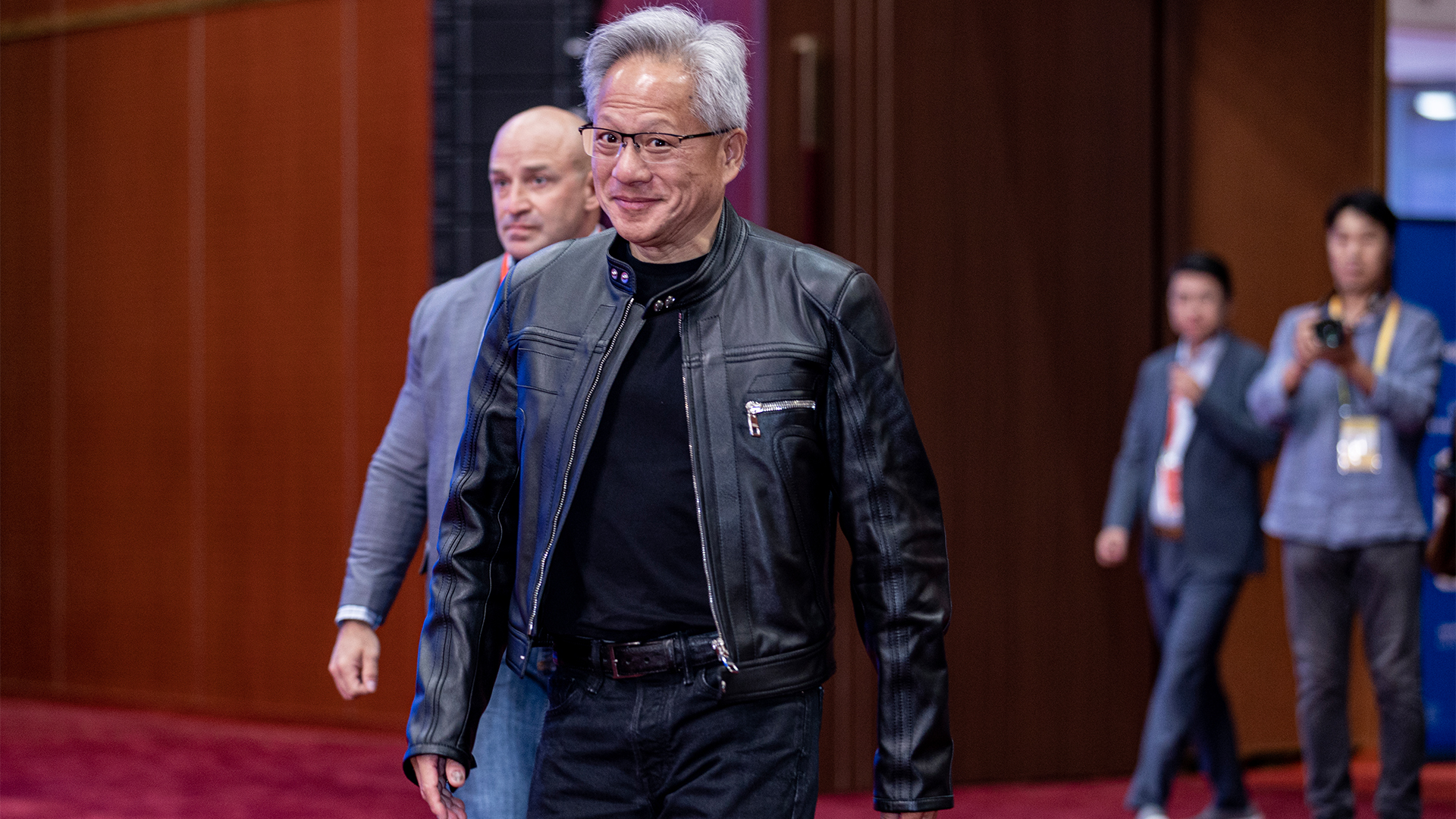 Nvidia’s Intel investment just gave it the perfect inroad to lucrative new markets
Nvidia’s Intel investment just gave it the perfect inroad to lucrative new marketsNews Nvidia looks set to branch out into lucrative new markets following its $5 billion investment in Intel.
-
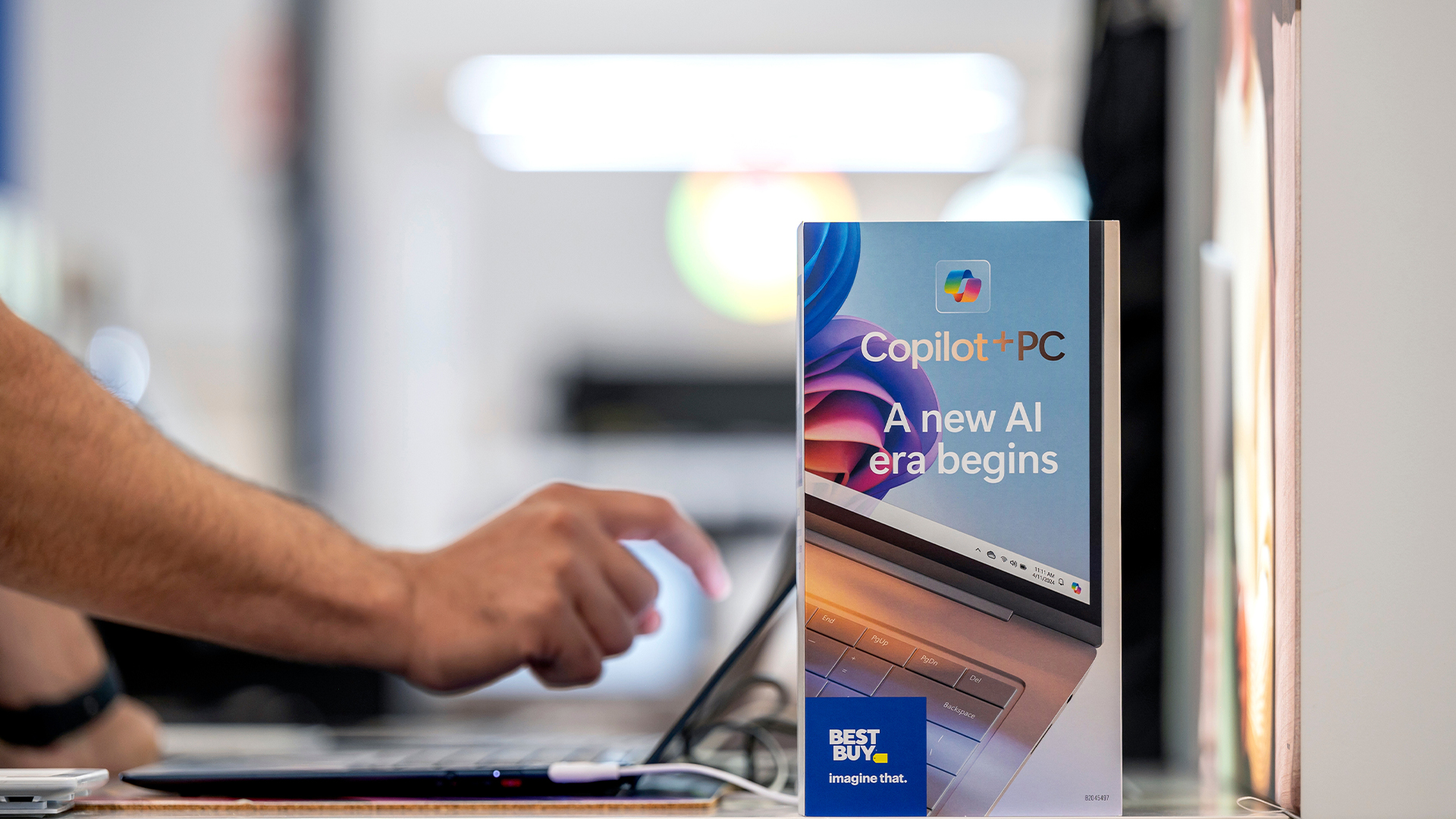 AI PCs will ‘become the norm’ by 2029 as enterprise and consumer demand surges
AI PCs will ‘become the norm’ by 2029 as enterprise and consumer demand surgesNews AI PCs are expected to make up a significant portion of the total PC market by the end of 2025 - and Gartner says they'll "become the norm" by 2029.
-
 The US government's Intel deal explained
The US government's Intel deal explainedNews The US government has taken a 10% stake in Intel – but what exactly does the deal mean for the ailing chipmaker?
-
 US government could take stake in Intel as chip giant's woes continue
US government could take stake in Intel as chip giant's woes continueNews The move would see increased support for Intel’s manufacturing operations
-
 Dell says Windows 11 migration is a prime opportunity to overhaul ageing PC fleets – and AI devices are in the spotlight
Dell says Windows 11 migration is a prime opportunity to overhaul ageing PC fleets – and AI devices are in the spotlightNews The shift to Windows 11 means IT leaders can ditch old tech and get their hands on AI PCs
-
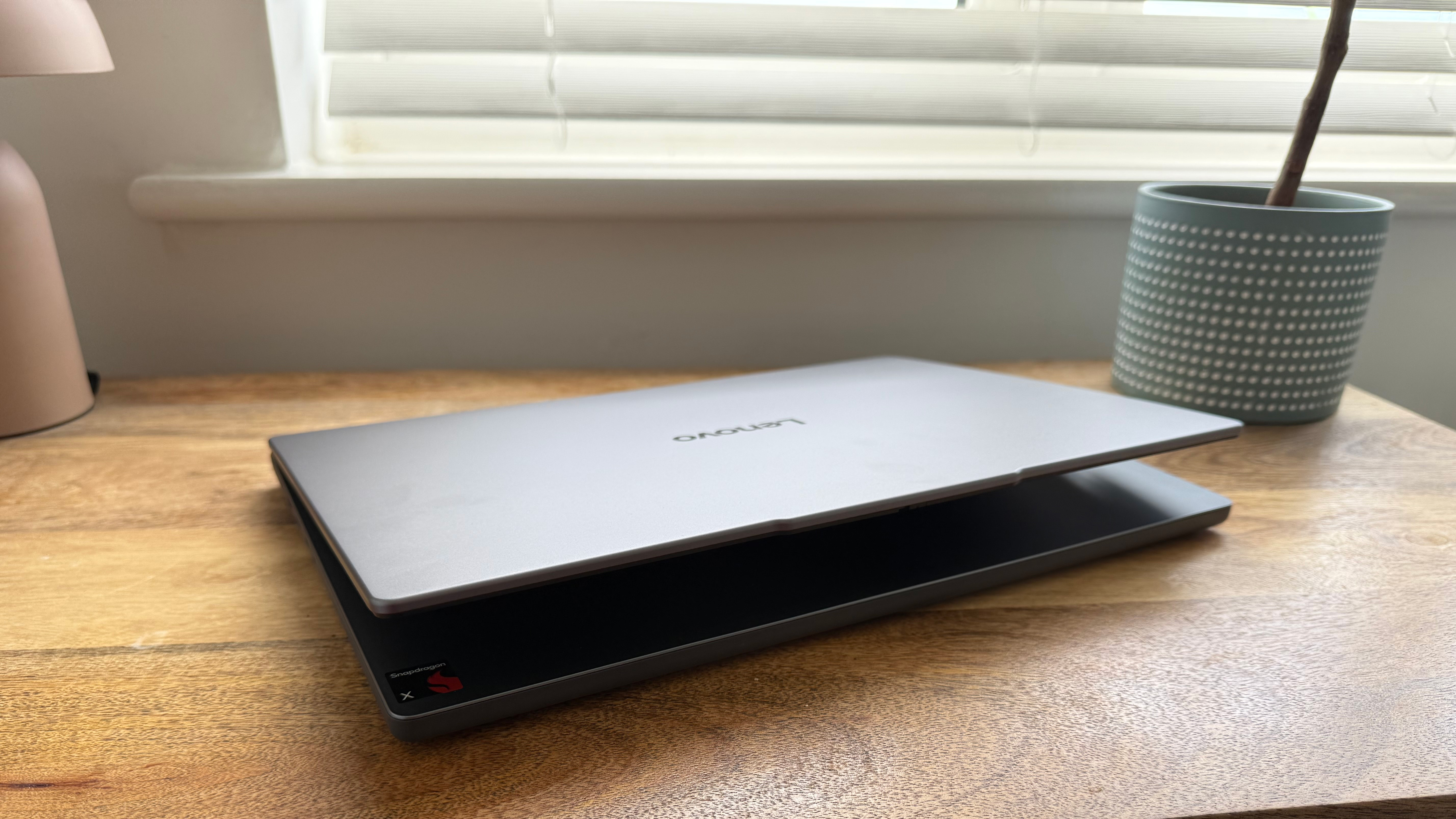 The Lenovo IdeaPad Slim 3x is a well-rounded budget laptop that punches above its weight
The Lenovo IdeaPad Slim 3x is a well-rounded budget laptop that punches above its weightReviews The Qualcomm Snapdragon X-powered laptop packs a punch for the price
-
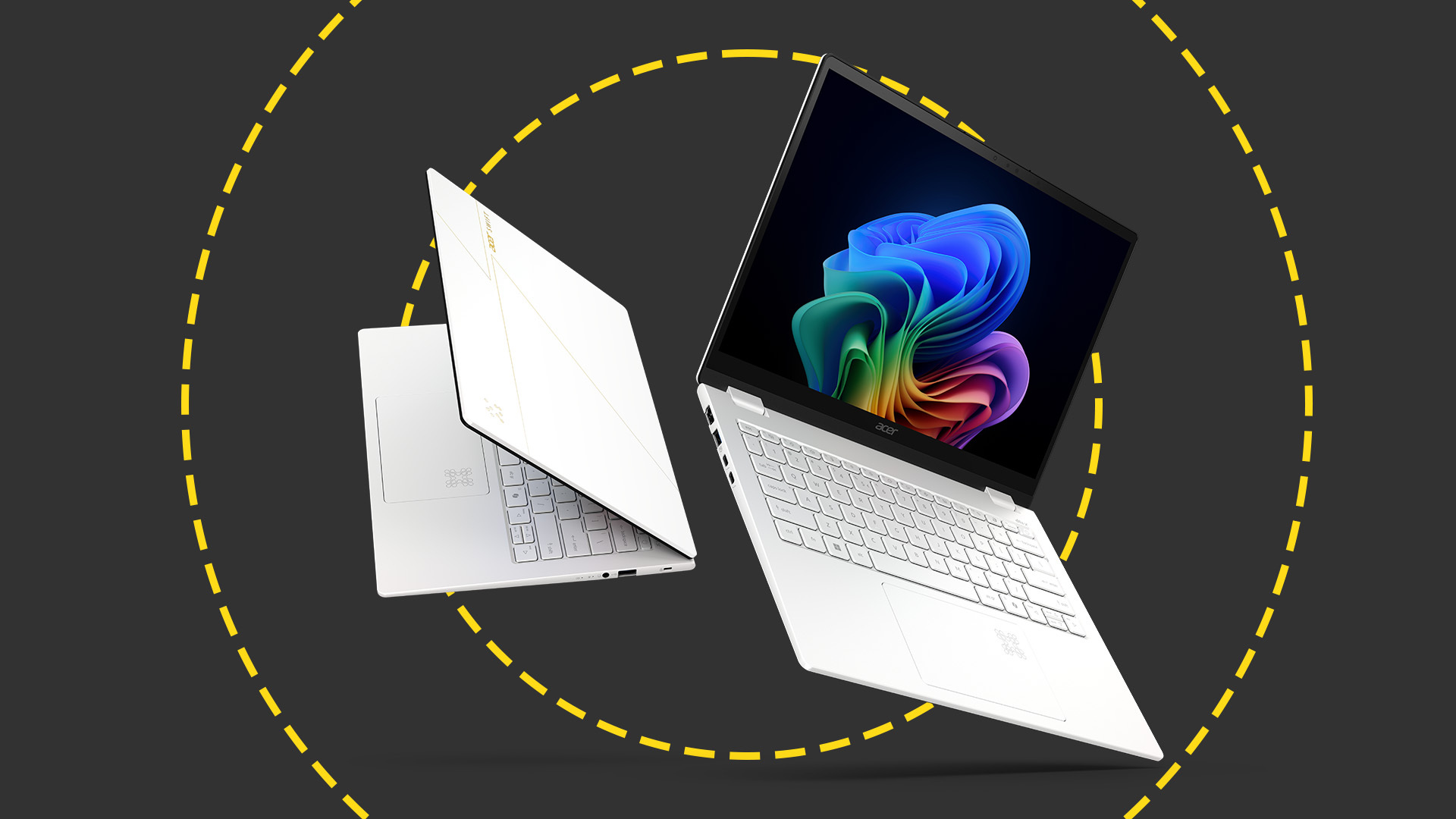 Acer's new Swift Edge 14 AI is a Copilot+ MacBook Air killer
Acer's new Swift Edge 14 AI is a Copilot+ MacBook Air killerNews Acer's new Swift Edge 14 AI is an ultra-lightweight, compact productivity powerhouse.
-
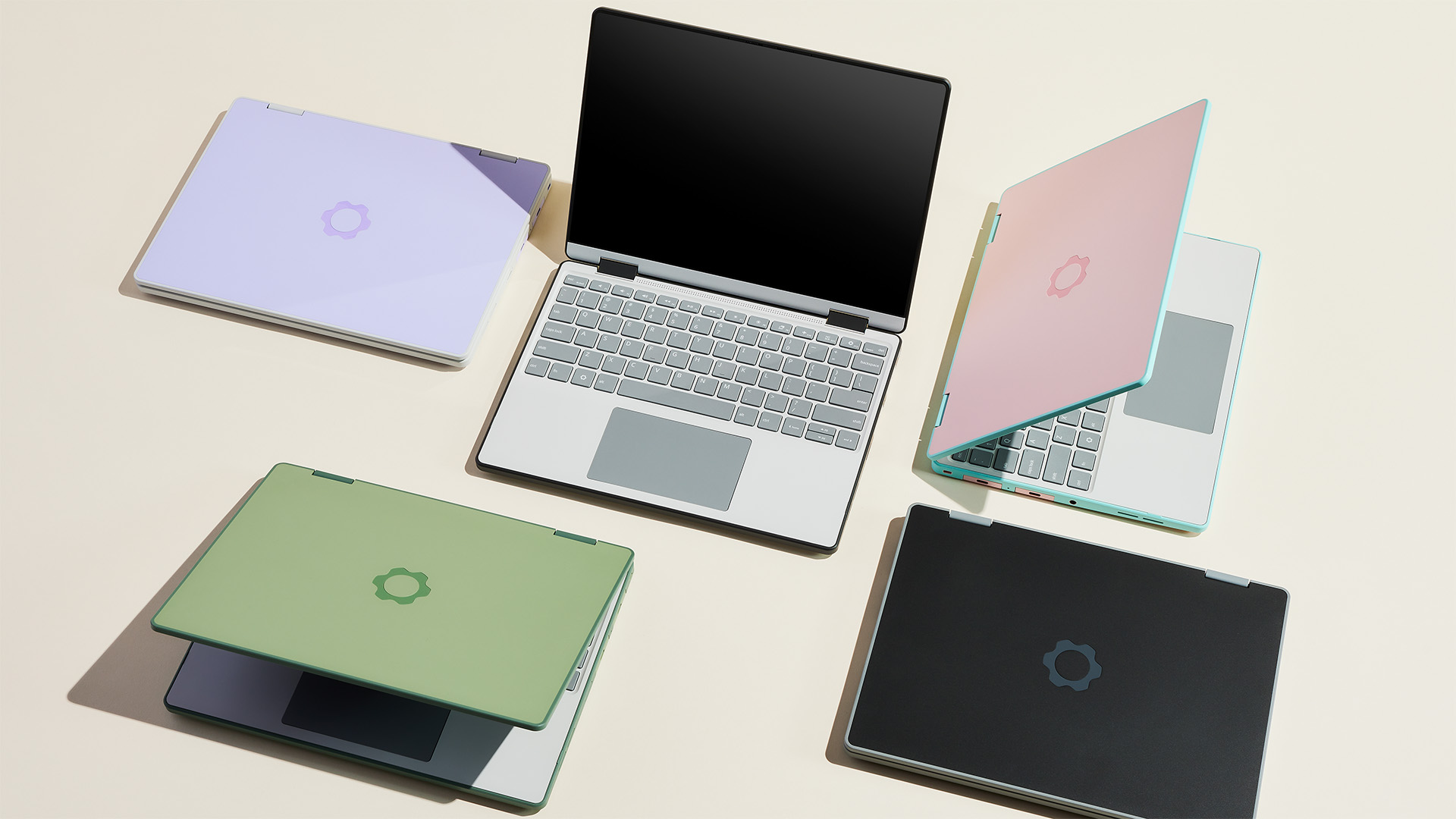 ‘We would have to sell the lowest-end SKUs at a loss’: Framework says it’s ‘temporarily pausing’ some US laptop sales amid tariff disruption
‘We would have to sell the lowest-end SKUs at a loss’: Framework says it’s ‘temporarily pausing’ some US laptop sales amid tariff disruptionNews Modular laptop designer Framework says it is “temporarily pausing US sales” in response to the disruption caused by US tariffs on Taiwanese imports.